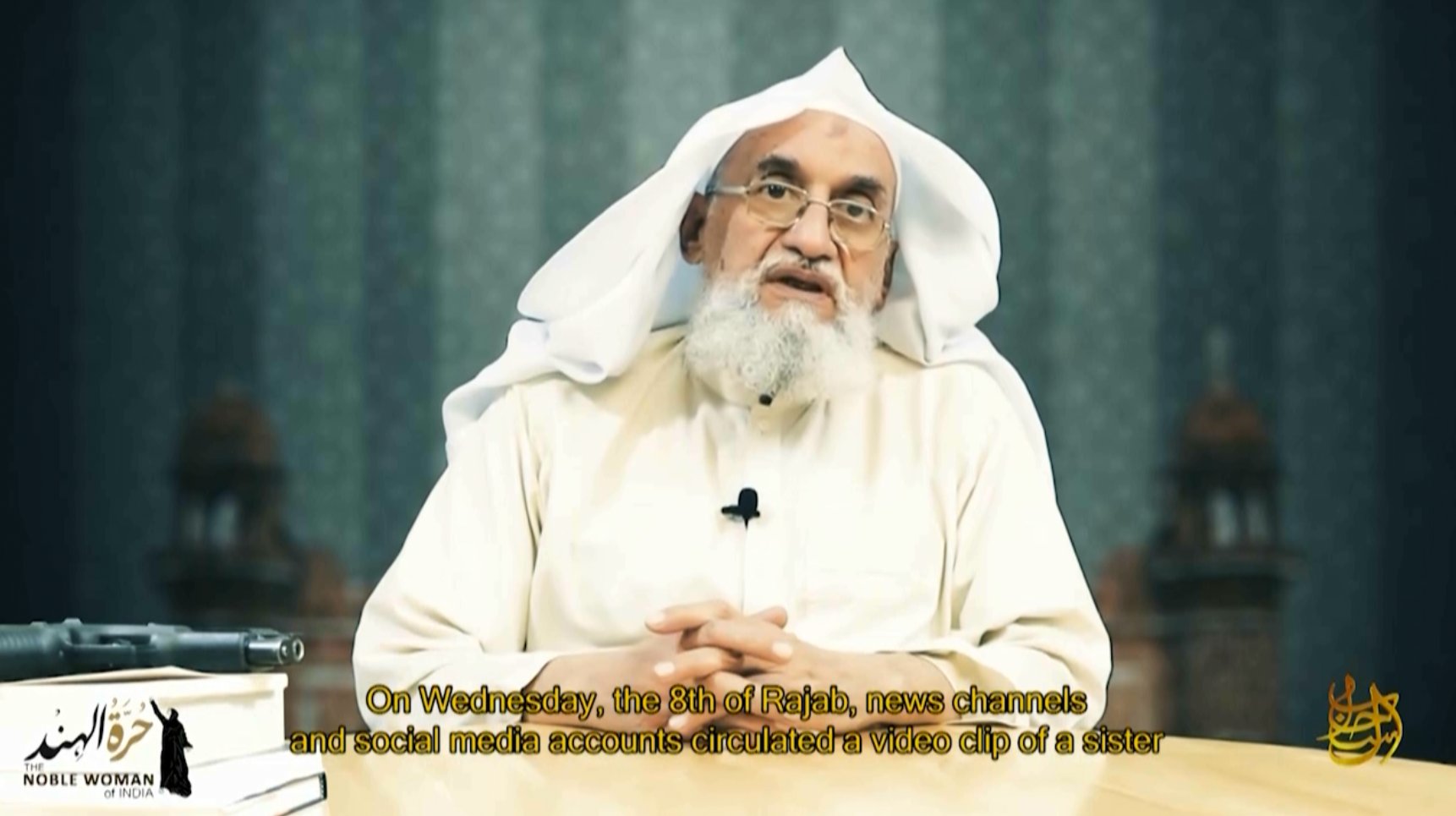
Was Ayman al-Zawahiri Really a Success Story?
At Akhbar al Aan, a news outlet with a keen interest in covering the developments in the Salafi-jihadi world, every year around the anniversary of the 9/11 attacks we strive to tell compelling stories about where Al Qaeda (AQ) stands and where it may go next. Our audience includes young men on the cusp of deciding what to do with their lives. We know some of them may have lost hope of finding a fulfilling life and might be attracted to the call of extremist organizations like AQ. That’s why we care about informing our audience with reliable facts and insightful analyses of the reality of violent extremism. In April, when we reviewed the potential of various story possibilities on AQ, Ayman al-Zawahiri did not even make it to our shortlist of top AQ personalities to storify. Our team and the extremism experts who regularly contribute to our output have





